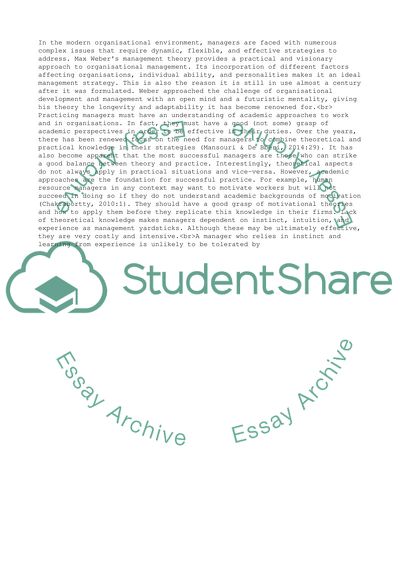Cite this document
(“Understanding work and organization:Different aspects of the concept Assignment”, n.d.)
Understanding work and organization:Different aspects of the concept Assignment. Retrieved from https://studentshare.org/management/1688943-understanding-work-and-organizationdifferent-aspects-of-the-concept-of-rationality-and-how-these-are-identified-in-different-management-theories
Understanding work and organization:Different aspects of the concept Assignment. Retrieved from https://studentshare.org/management/1688943-understanding-work-and-organizationdifferent-aspects-of-the-concept-of-rationality-and-how-these-are-identified-in-different-management-theories
(Understanding Work and organization:Different Aspects of the Concept Assignment)
Understanding Work and organization:Different Aspects of the Concept Assignment. https://studentshare.org/management/1688943-understanding-work-and-organizationdifferent-aspects-of-the-concept-of-rationality-and-how-these-are-identified-in-different-management-theories.
Understanding Work and organization:Different Aspects of the Concept Assignment. https://studentshare.org/management/1688943-understanding-work-and-organizationdifferent-aspects-of-the-concept-of-rationality-and-how-these-are-identified-in-different-management-theories.
“Understanding Work and organization:Different Aspects of the Concept Assignment”, n.d. https://studentshare.org/management/1688943-understanding-work-and-organizationdifferent-aspects-of-the-concept-of-rationality-and-how-these-are-identified-in-different-management-theories.


